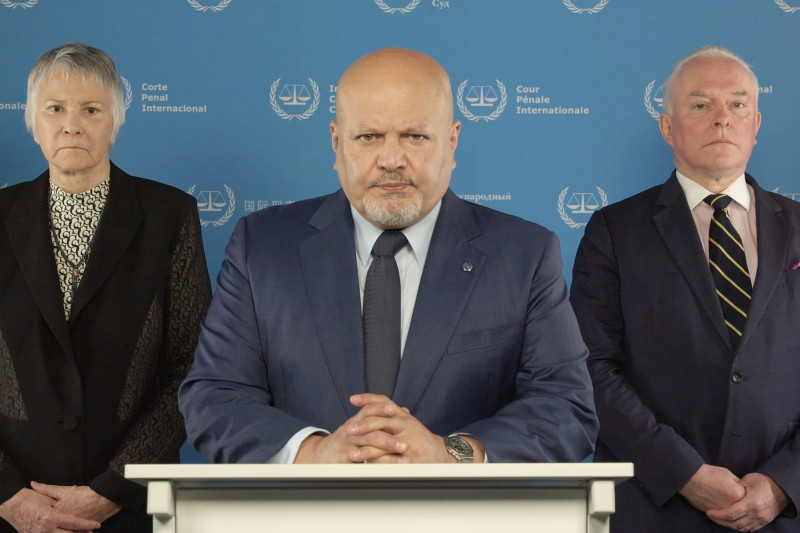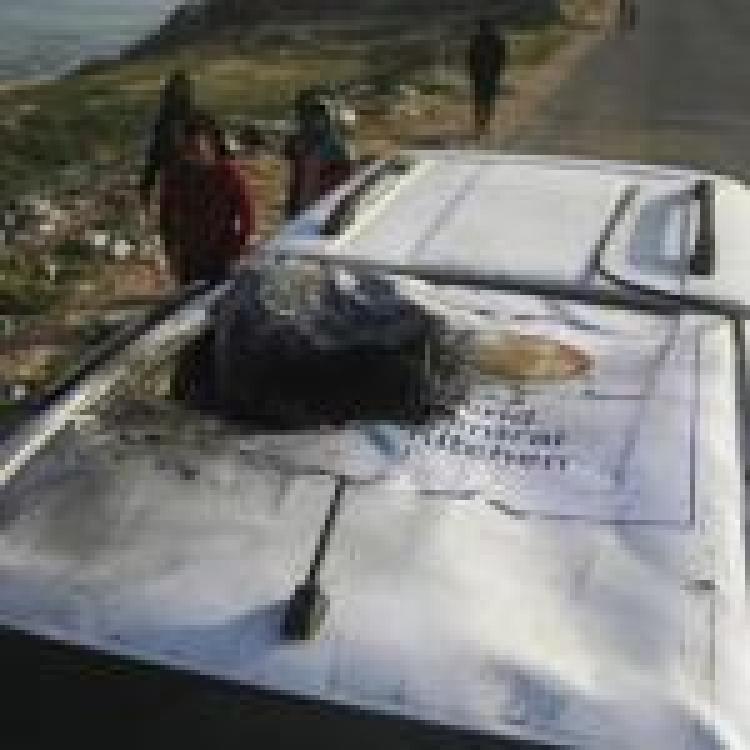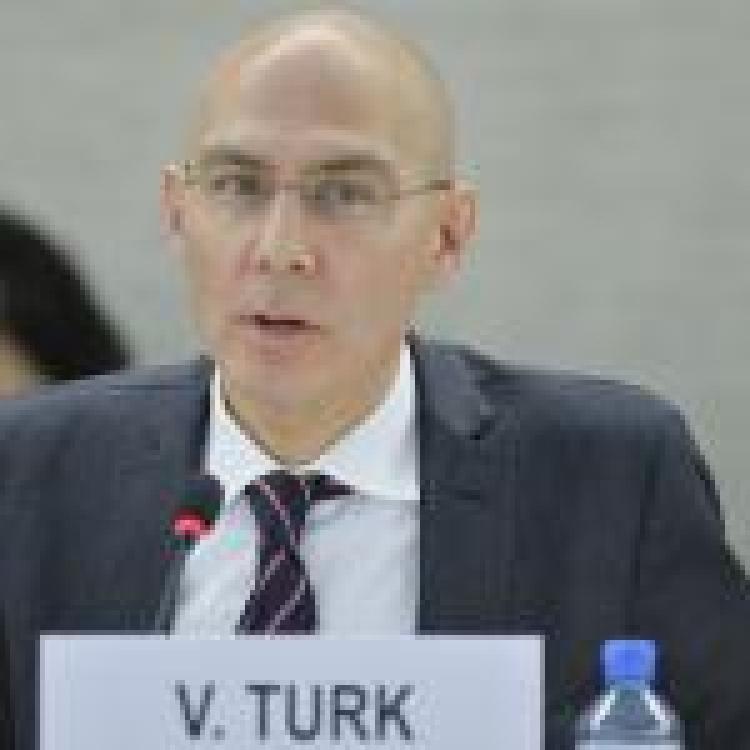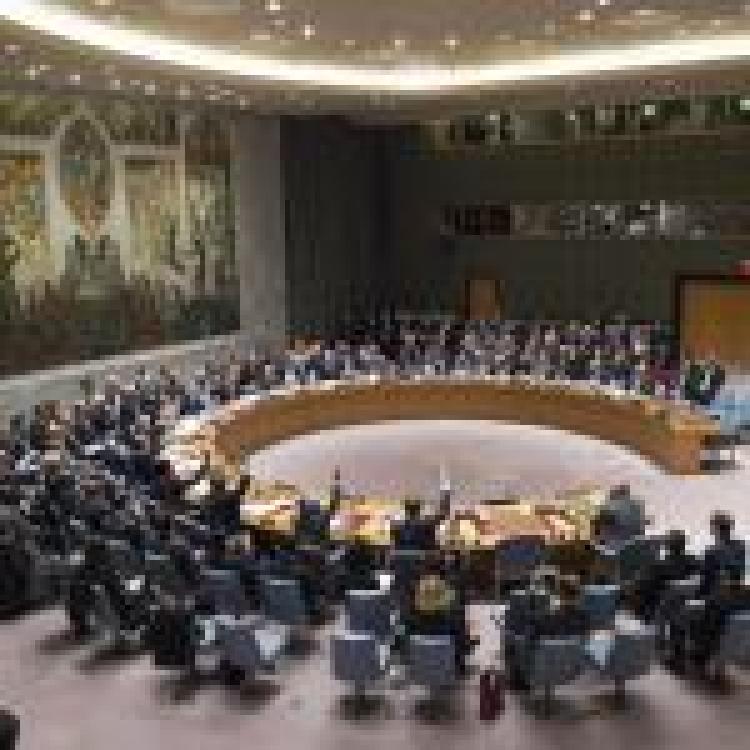
The chief prosecutor of the international criminal court has said he is seeking arrest warrants for senior Hamas and Israeli officials for war crimes and crimes against humanity, including the Israeli prime minister, Benjamin Netanyahu, and his defence minister, Yoav Gallant.
Karim Khan said his office had applied to the World Court’s pre-trial chamber for arrest warrants for the military and political leaders on both sides for crimes committed during Hamas’s 7 October attack and the ensuing war in Gaza.
He named Yahya Sinwar, the Hamas chief in Gaza, and Mohammed Deif, the commander of its military wing, considered to be the masterminds of the 7 October assault, as well as Ismail Haniyeh, the leader of the group’s political bureau, who is based in Qatar, as wanted for crimes of extermination, murder, hostage-taking, rape, sexual assault and torture.
Netanyahu and Gallant are accused of extermination, causing starvation as a method of war, the denial of humanitarian relief supplies and deliberately targeting civilians
Khan, the British ICC prosecutor, must request the warrants for the Hamas and Israeli suspects from a pre-trial panel of three judges, who take on average two months to consider the evidence and determine if the proceedings can move forward.
#ICC Prosecutor @KarimKhanQC announces applications for arrest warrants in relation to Benjamin Netanyahu and Yoav Gallant in the context of the situation in the State of #Palestinehttps://t.co/WqDZecXFZq pic.twitter.com/bxqLWc5M6u
— Int'l Criminal Court (@IntlCrimCourt) May 20, 2024
While there is no imminent likelihood of prosecution, since Israel is not a member of the court, ICC warrants could put Israeli officials at risk of arrest abroad, further deepening the country’s growing international isolation over its conduct in the war in Gaza.
#ICC Prosecutor @KarimKhanQC announces applications for arrest warrants in relation to Yahya Sinwar, Mohammed Diab Ibrahim Al-Masri (Deif) and Ismail Haniyeh in the context of the situation in the State of #Palestine https://t.co/WqDZecXFZq pic.twitter.com/yXsuzKYlqJ
— Int'l Criminal Court (@IntlCrimCourt) May 20, 2024
The world’s top court decided in 2021 that it had a mandate to investigate violence and war crimes committed by Israel and Palestinian factions in events dating back to 2014, although Israel is not a member of the court and does not recognise its authority.
In December, South Africa filed a case against Israel at the international court of justice (ICJ), alleging that its campaign in Gaza breached the UN’s genocide convention, set up in 1948 in the aftermath of the Holocaust.



